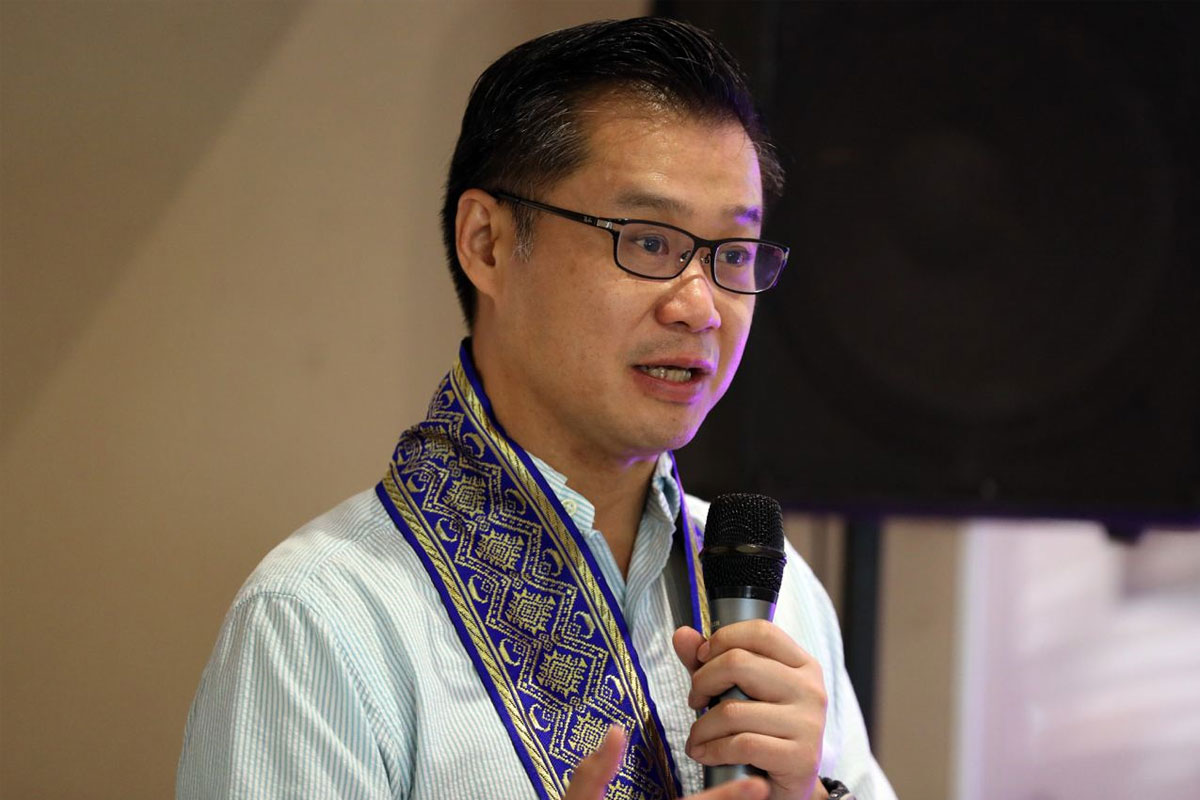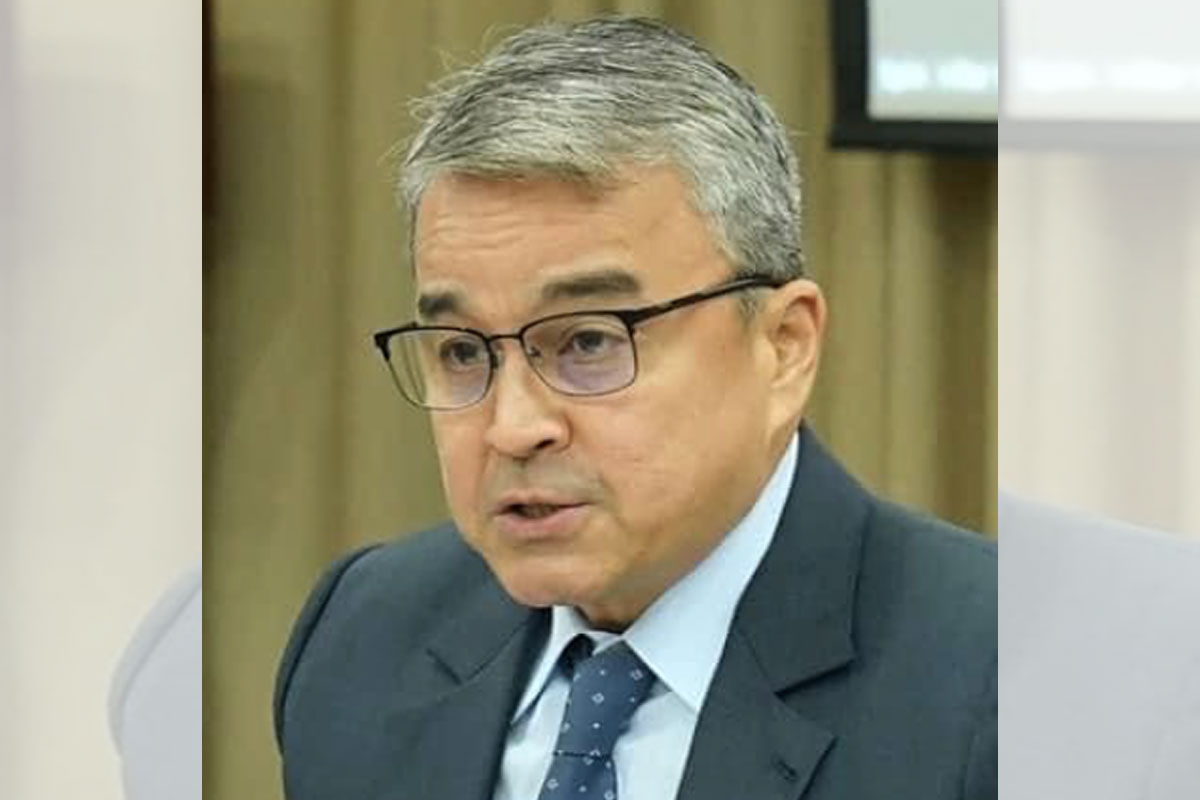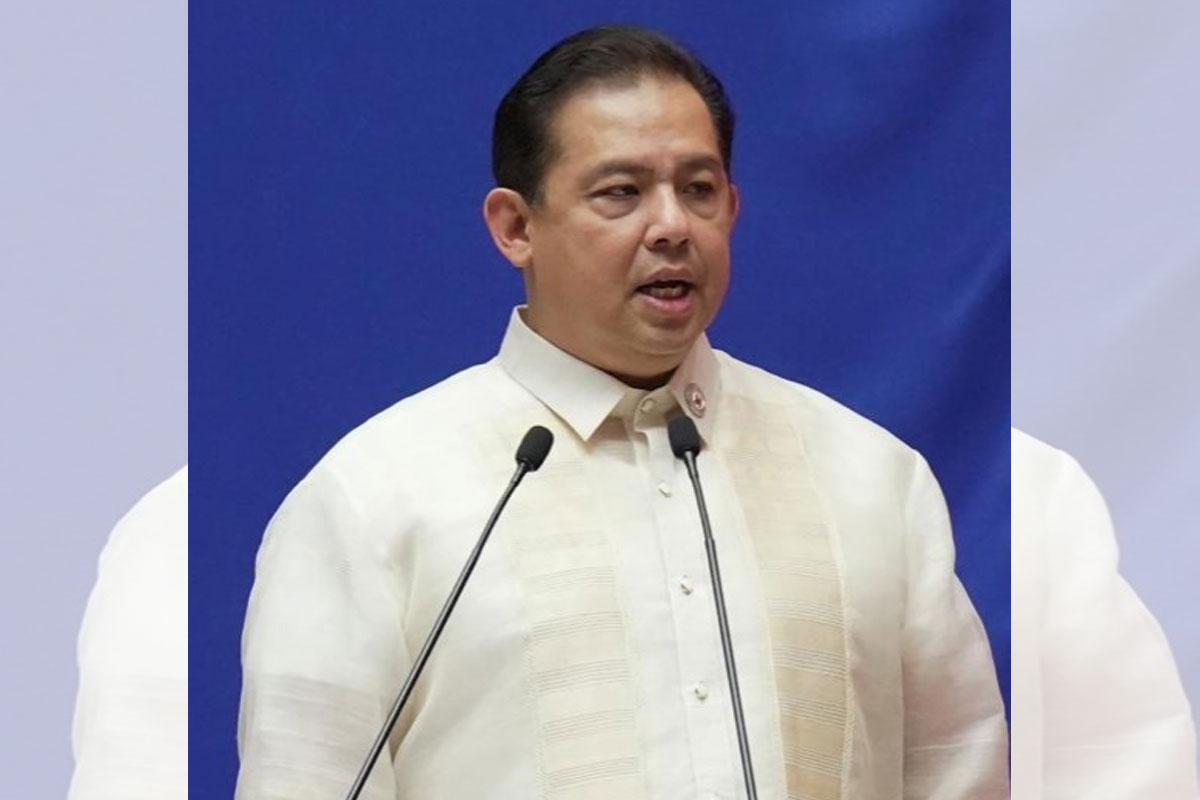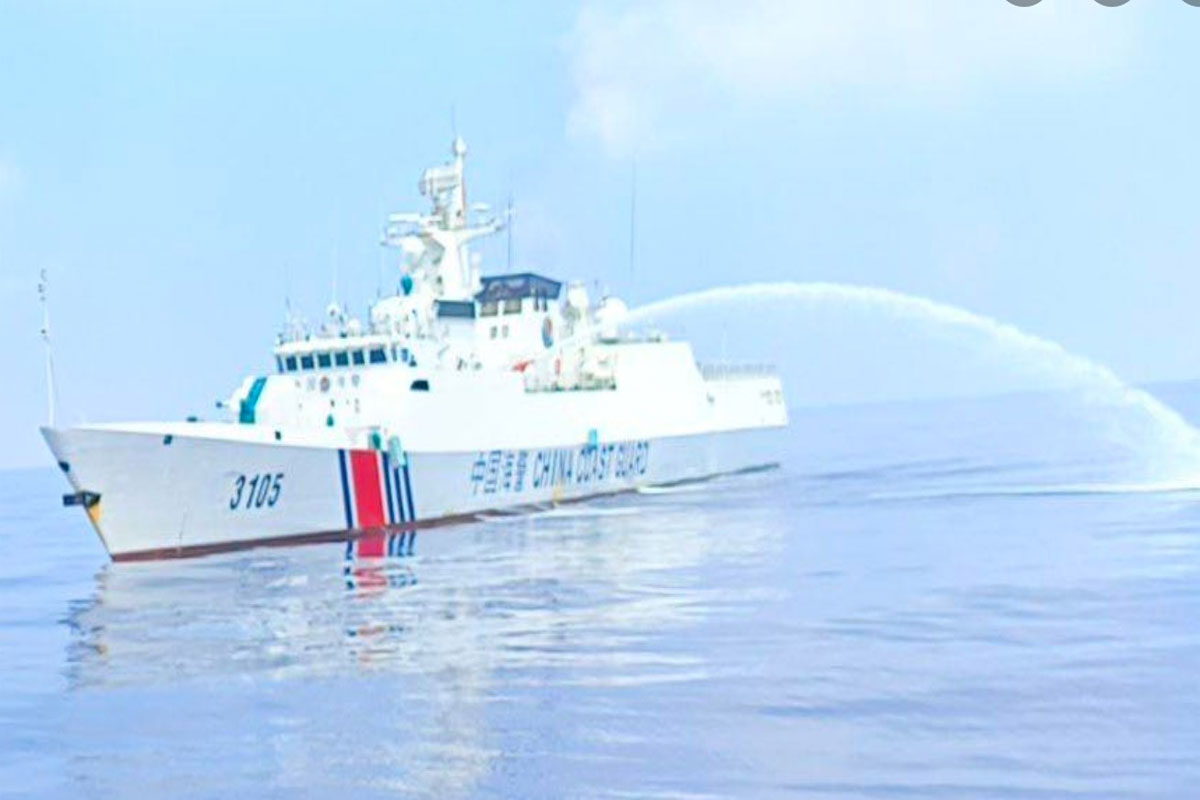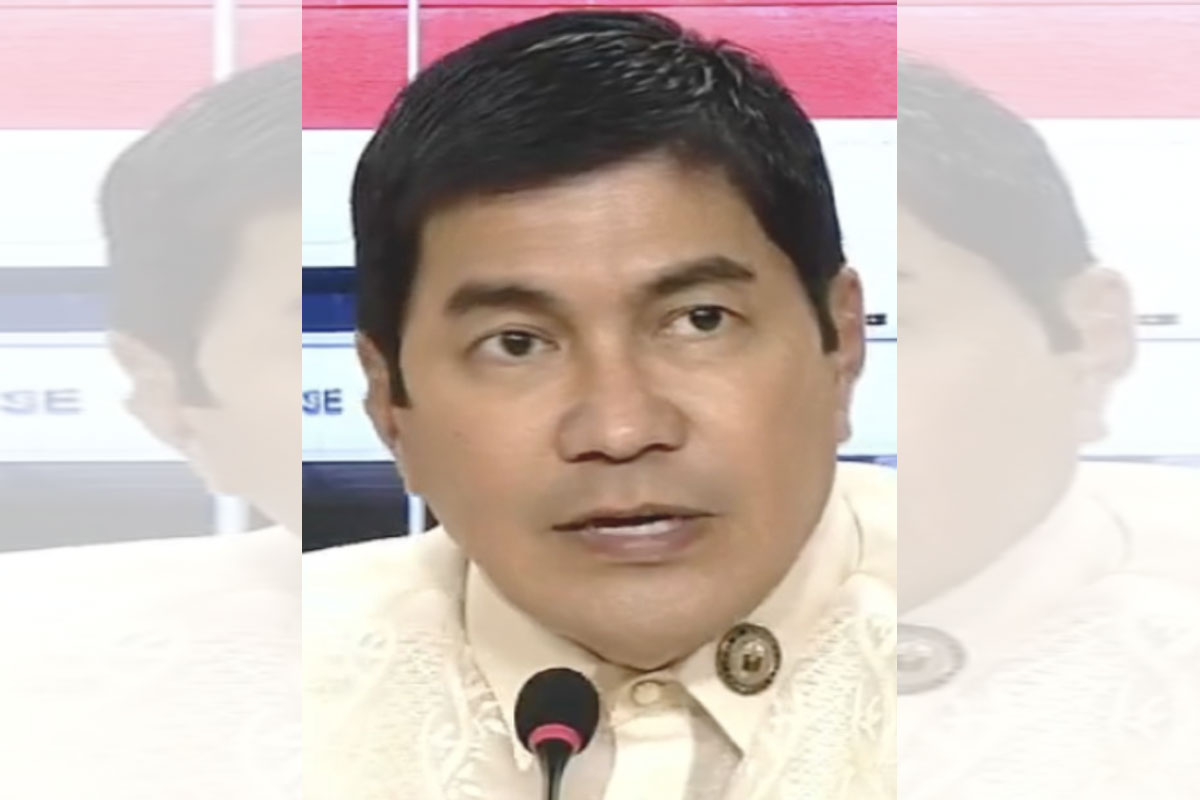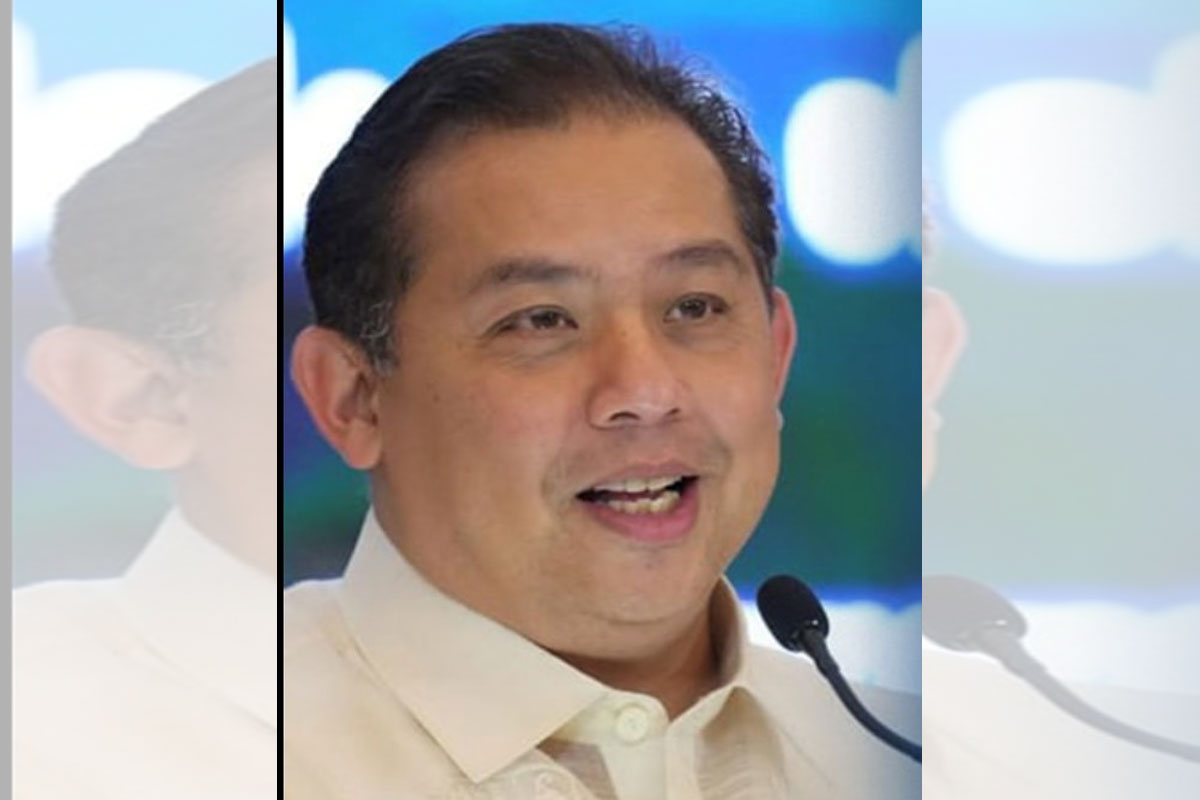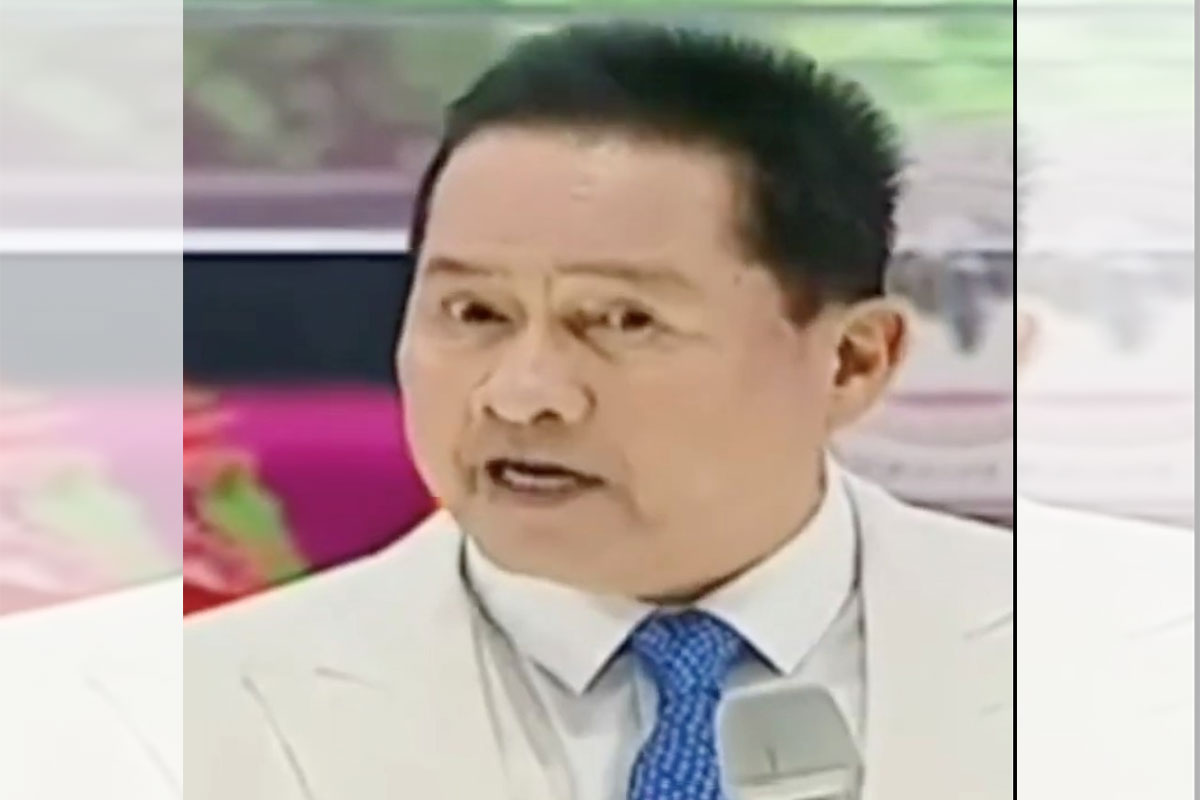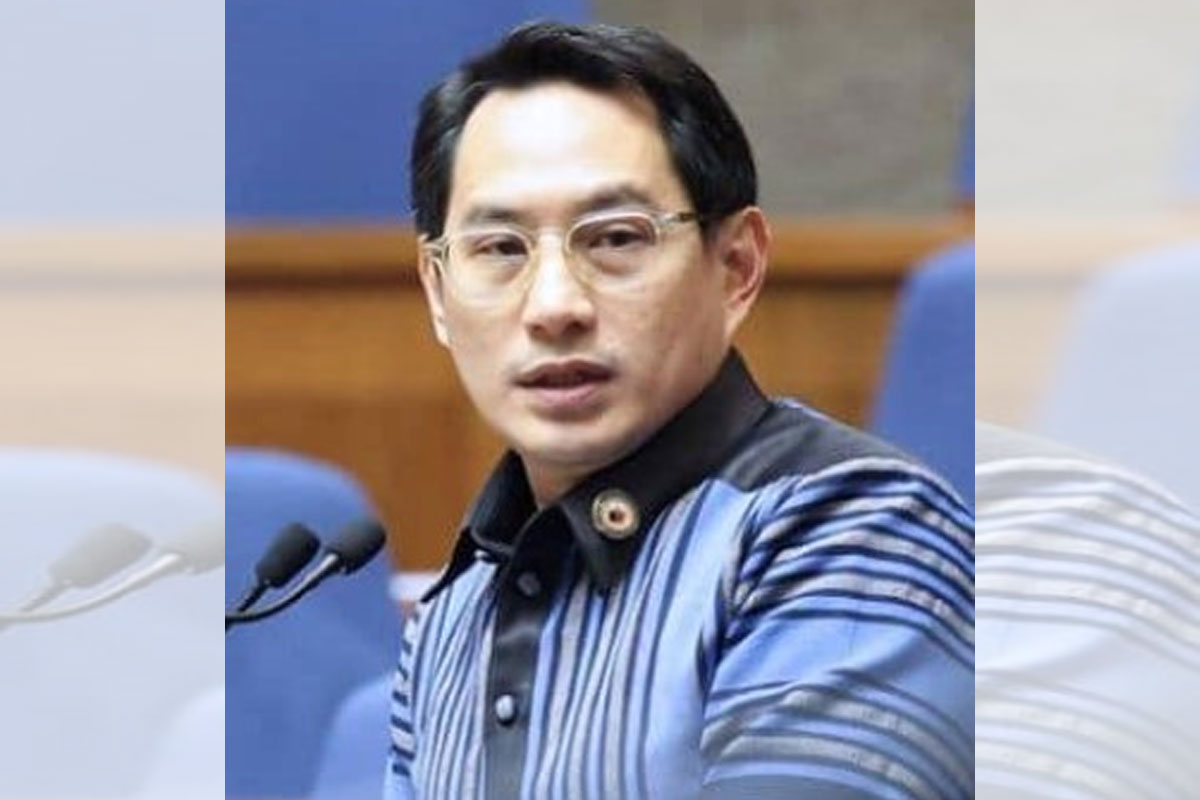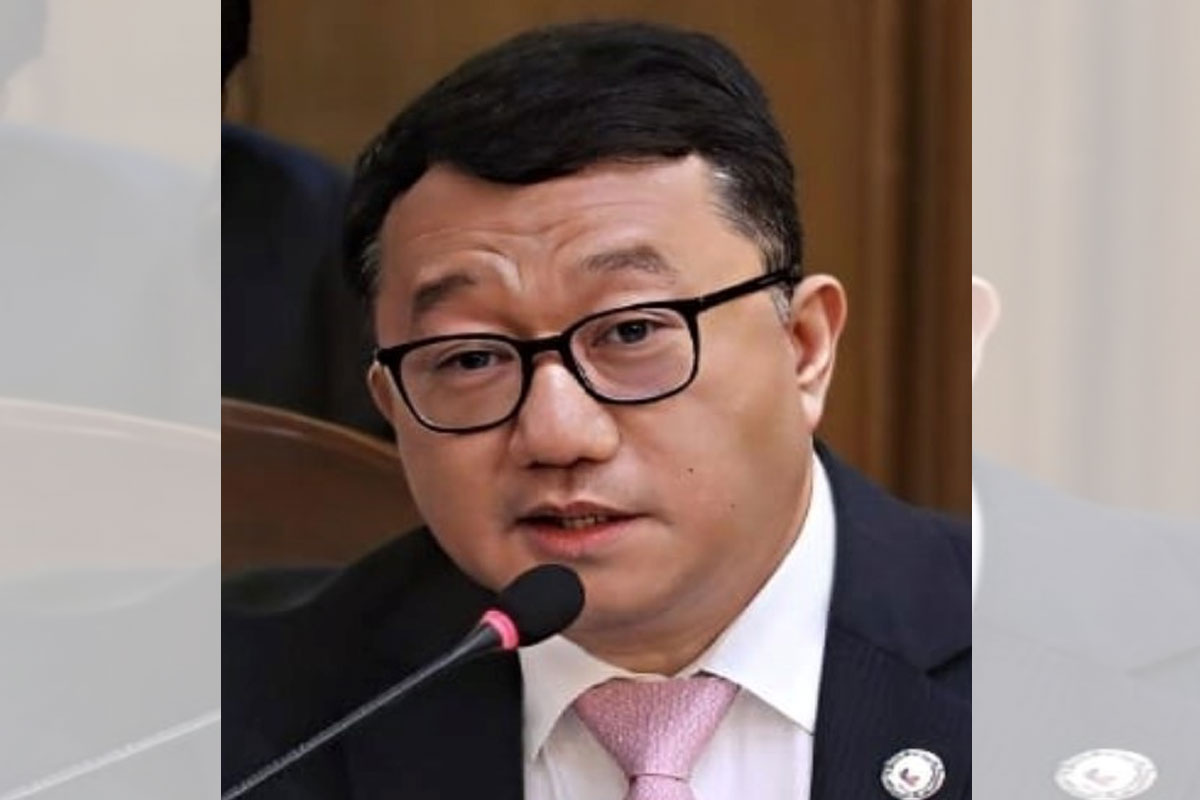
Water to irrigate our farms year-round
 With the oncoming El Niño season , which is expected to adversely affect water supply both for drinking and irrigation, President Bongbong Marcos’ recent announcement could not have come at a better time.
With the oncoming El Niño season , which is expected to adversely affect water supply both for drinking and irrigation, President Bongbong Marcos’ recent announcement could not have come at a better time.
PBBM approved the creation of a Water Resource Management Office which will be tasked to manage the country’s precious water resources.
The WRMO will be established under the DENR and serve as a temporary body while the Water Resources Department is being created.
“The WRMO’s main functions include formulating and ensuring the implementation of the Integrated Water Management Plan (IWMP), which will integrate various plans of different agencies,” according to the Presidential Communication Office.
Commenting on the current water supply management, PBBM lamented: “We have sufficient… there’s enough water in the Philippines…. hindi lang natin ginagamit, tinatapon natin.”
With this latest development, perhaps it is opportune for water resource expert Oscar I. Violago (OIV) to follow up his proposal which was submitted to PBBM in a letter dated February 20, 2023.
Violago was the prime mover behind the $670-million Casecnan hydroelectric and irrigation project under a build-operate-transfer agreement with the government. The Casecnan multipurpose project collects water from the Casecnan and Taan Rivers. The water is then transported through a 16-mile tunnel towards the Pantabangan reservoir. It provides about 150 megawatts of electricity and irrigates 350,000 hectares of farmland.
More recently, Violago’s joint venture company with business tycoon Enrique Razon inaugurated the Tayabasan weir, the first phase of Wawa bulk water supply project. Initially, the Tayabasan weir will deliver 80 MLD of raw water supply. Once the high dam is completed, another 500MLD to 750MLD will be delivered to Metro Manila consumers.
What is OIV proposing this time? In a nutshell, the proposal calls for a nationwide installation of solar powered irrigation systems. The objective: “to make water available to our farmers throughout the year. Without water during the dry season, our farmers will remain hopeless and helpless. We will forever be importing rice, subsidizing foreign farmers in the process.”
Quoting Director Gina P. Nilo of the Bureau of Soils and Water Management, Violago says there are around 3.5 million hectares of shallow wells in the Philippines. As a starter, Violago proposes to irrigate 1 million hectares.
Who can execute the project? Foreign governments like The Netherlands, Japan, Singapore, South Korea, the USA and Israel all have the necessary expertise to do it. “Israel has offered the Philippines to build solar irrigation with shallow wells, payable within years on a government-to-government basis at the present cost of P150,000 per hectare. For 1 million hectares, this translates to a yearly average amortization of P12 billion for 12 years.
“The cost is nothing compared to our rice importation per year”, Violago asserts. “Last year alone, it was P80 billion.”
“At 1 million hectares, we will already be food self-sufficient and the farmers will become rich. This will create a multiplier effect in our economy because they will buy more food, clothing, shelter, better education for their children, making us a wealthy nation. At 2 million hectares and bigger, we will become exporters of rice, corn, vegetables, making us even richer. Our animal industry will be fed by our corn production, allowing us to have lower prices for our meat, cattle, chicken and eggs. So, instead of becoming an importer, we will become a big exporter.”
Good luck, OIV, on your proposal. May the Force be with you!


